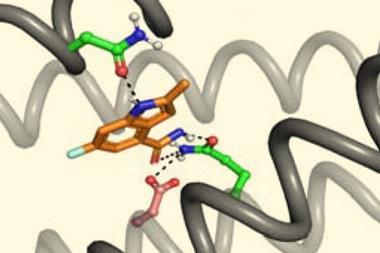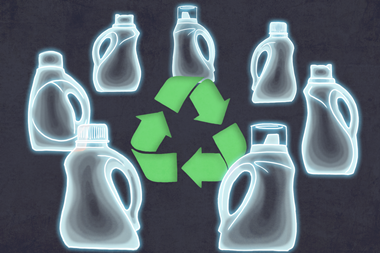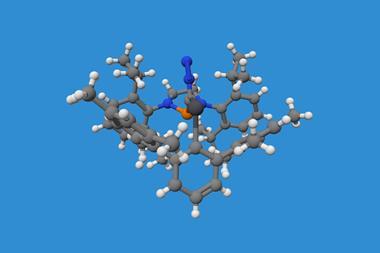The surge of machine learning (ML) in materials science and chemistry has been driven by advancements in deep learning methodologies. While many industrial scientists aspire to transition to a data-centric and AI-guided design paradigm, companies often deal with limited datasets and complex materials that require customised featurisation techniques. Moreover, commonly used ML techniques often grapple with issues of explainability and extrapolation into unexplored chemical spaces.
In this webinar, we demonstrate how Schrödinger’s tools can help overcome these common challenges by using a combination of physics-based simulation data, enterprise informatics, and chemistry-informed ML. We highlight how this synergistic approach can transform materials innovation across a wide-range of technology verticals. Specifically, we will highlight case studies in the following areas:
- Using molecular dynamics simulations to generate descriptors that enhance the accuracy of ML models for viscosity predictions
- Developing explainable ML models to predict the ionic conductivity of Li-ion battery electrolytes
- Augmenting the performance of ML models for predicting properties such as absorption and emission wavelengths, fluorescence lifetime, and extinction coefficients of organic electronics using descriptors rooted in density functional theory
This integrated approach signifies a new frontier in materials science and chemistry, combining the strengths of ML and physics-informed methods. By attending this free, hour-long and interactive webinar you will learn:
- How to leverage the synergy power of ML and physics-based simulation to drive materials innovation
- Practical case studies across industries from organic electronics to polymers
- To identify key areas in your R&D where ML and physics-based simulation can provide value
Anand Chandrasekaran: Principal Scientist


Schrödinger is transforming the way therapeutics and materials are discovered. Schrödinger has pioneered a physics-based software platform that enables discovery of high-quality, novel molecules for drug development and materials applications more rapidly and at lower cost compared to traditional methods. The software platform is used by biopharmaceutical and industrial companies, academic institutions, and government laboratories around the world. Founded in 1990, Schrödinger has over 800 employees and is engaged with customers and collaborators in more than 70 countries. To learn more, visit Schrodinger.com, follow us on LinkedIn or visit our blog, Extrapolations.com.


















